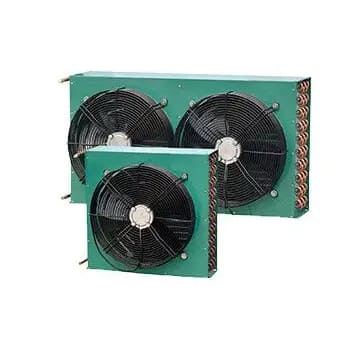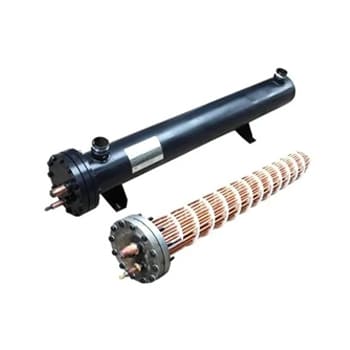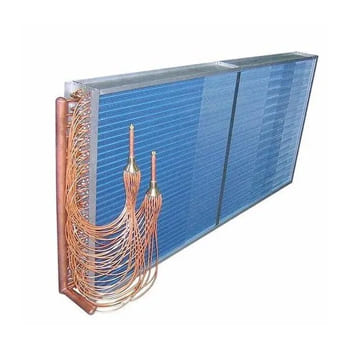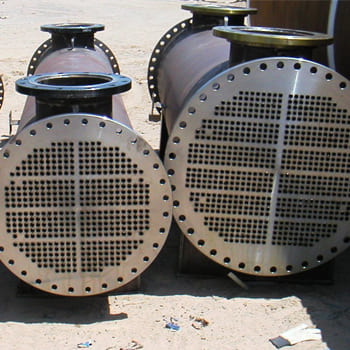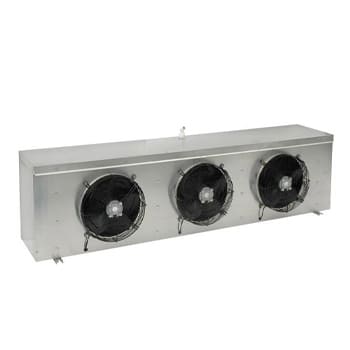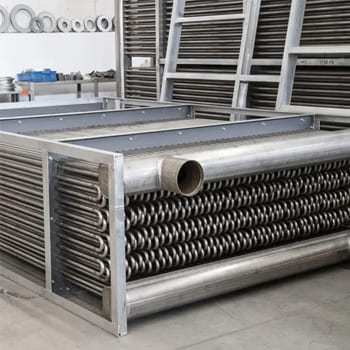
HVAC (Heating, Ventilation, and Air Conditioning) heat exchangers are integral components designed to transfer heat between two or more fluids (air, water, refrigerant) in heating or cooling systems. They enhance energy efficiency by using the heat from exhaust air to preheat or precool incoming air, reducing the energy needed to maintain desired temperatures. HVAC heat exchangers are found in a wide range of systems, including residential, commercial, and industrial HVAC units, ensuring comfort and optimal environmental conditions.
Application:
- Residential HVAC systems
- Commercial buildings
- Industrial climate control
- Data centers and server rooms
- Ventilation systems
- Air handling units (AHUs)
- Refrigeration systems
Key Features:
- High energy efficiency
- Compact and durable design
- Wide range of sizes and configurations
- Customizable for specific HVAC applications
- Corrosion-resistant materials for long-term use
- Low maintenance and easy installation
- Suitable for both heating and cooling operations
Benefits:
- Reduces energy consumption
- Lowers operational costs by recovering heat energy
- Enhances indoor air quality through proper ventilation and heat recovery
- Ensures comfort in various environmental conditions
- Extends the lifespan of HVAC systems
- Provides precise temperature and humidity control

